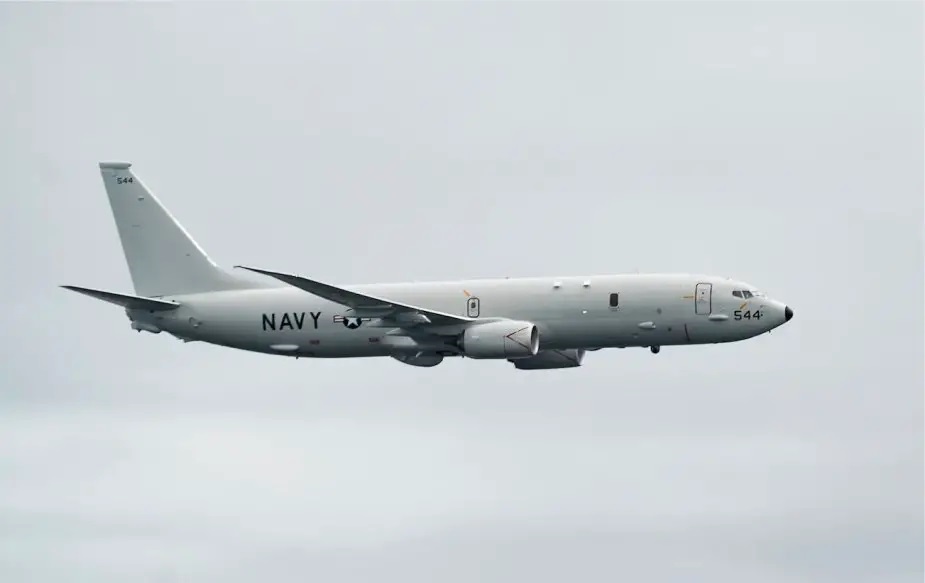A U.S. Navy Seventh Fleet P-8A Poseidon transited the Taiwan Strait in international airspace on July 13. By operating within the Taiwan Strait in accordance with international law, the United States upholds the navigational rights and freedoms of all nations. The aircraft’s transit of the Taiwan Strait demonstrates the United States’ commitment to a free and open Indo-Pacific. The United States military flies, sails and operates anywhere international law allows. While officially acknowledging the “One China Policy,” which means refraining from formally recognizing Taiwan as a separate political entity from China, the U.S. has also committed to supporting Taiwan in maintaining its de facto independence. The U.S. asserts that such operations are in line with the principles of freedom of navigation in international waters, as stipulated by international law.
From the perspective of Beijing, Taiwan is an integral part of China’s territory, despite having been governed independently since the conclusion of the Chinese Civil War in 1949. China has been persistent in asserting its claims, emphasizing the ultimate reunification of Taiwan with the mainland, even resorting to force if deemed necessary. China perceives any international engagement with Taiwan that implies recognition of its sovereignty as a violation of the “One China Principle” and a direct challenge to its own sovereignty. In contrast, the United States has maintained a complex relationship with both Taiwan and China. This commitment is enshrined in the Taiwan Relations Act of 1979, which authorizes the U.S. to supply Taiwan with defense articles and necessary defense services.
The Boeing P-8 Poseidon is an American maritime patrol and reconnaissance aircraft developed and produced by Boeing Defense, Space & Security, and derived from the civilian Boeing 737-800. It was developed for the U.S. Navy. The P-8 operates in the anti-submarine warfare (ASW), anti-surface warfare (ASUW), and intelligence, surveillance and reconnaissance (ISR) roles. It is armed with torpedoes, Harpoon anti-ship missiles, and other weapons, can drop and monitor sonobuoys, and can operate in conjunction with other assets, including the Northrop Grumman MQ-4C Triton maritime surveillance unmanned aerial vehicle (UAV). The P-8 is operated by the United States Navy, the Indian Navy, the Royal Australian Air Force, the United Kingdom’s Royal Air Force, the Royal Norwegian Air Force and the Royal New Zealand Air Force. It has also been ordered by the Republic of Korea Navy, and the German Navy.















